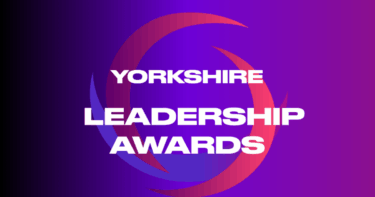
07
Feb 2023
Who Owns the Intellectual Property of Students’ Research?
In recent years, the debate around who owns and who benefits from intellectual property (IP) rights of the research activity of academics and students, has increased in importance. As institutions have increased their focus on commercialising research work, the potential role of consumer protection legislation in relation to IP rights has been called into question. So, who owns the intellectual property of students’ research? Our team at Chadwick Lawrence answers.
For the first time in the UK, the courts have considered the issue of whether consumer protection legislation applies to terms relating to the IP rights of students. In the case Oxford University Innovation Ltd v Oxford Nanoimaging Ltd [2022], the court was asked to decide whether a PhD student was a ‘consumer’ and therefore entitled to protection under consumer protection laws.
The court held that the PhD student was a consumer, but the terms of his contract with the University were not unfair since there was no significant imbalance to his detriment and thus the agreement was binding on the student. The result of this decision confirmed that the IP rights to his work belonged to the University which essentially reflects the established law.
This is a significant ruling as it sets a precedent for future cases involving IP rights and consumer protection. The UK higher education sector has been given much-needed reassurance following this decision that upholds their existing practices around IP rights resulting from research carried out by students. This means that universities and other higher education institutions can continue operating as before without any disruption to their current practices.
However, UK higher educational institutions should consider reviewing their guidelines for dividing revenue amongst individuals involved in research. Currently, many leave it up to the individuals to decide how their share is divided, but this could lead to disputes over allocation in the future. To avoid this, institutions should provide a clear system for revenue division. Failure to do so could lead to an instance where the court determines there is an imbalance to a student’s detriment.
This case demonstrates the need for fair agreements that adhere to relevant consumer protection legislation. It also serves to remind us of the importance of ensuring that students are adequately protected when it comes to the ownership of their inventions and other IP rights.
Do you have any queries regarding intellectual property rights? Contact Naila Hussain from our Regulatory Team at nailahussain@chadlaw.co.uk today to gain expert legal advice in IP.
- Like this ? Share with friends





